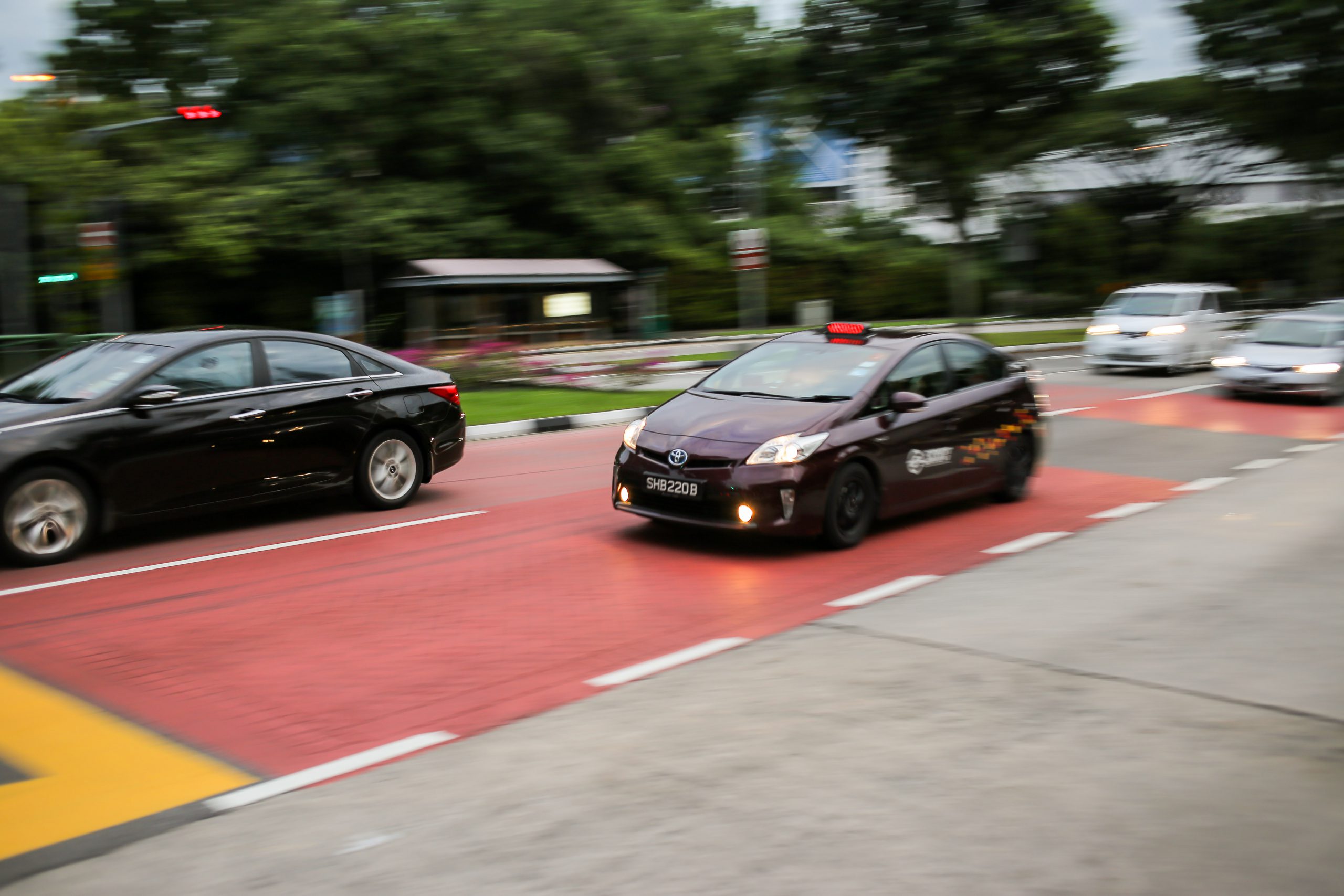Introduce individual carbon scorecard with incentives to keep emissions low
March 24, 2022
‘Introduce individual carbon scorecard with incentives to keep emissions low’ (Straits Times, March 2022) reports that on 18 February 2022, the government announced that as part of this year’s Budget, the carbon tax rate in Singapore would increase from the current S$5 per tonne of emissions to between S$50 and S$80 by 2030, with emissions aimed to dwindle to around net zero by 2050. At a post-Budget roundtable discussion organised by The Straits Times and The Business Times, Professor Sumit Agarwal (NUS Finance, Economics and Real Estate) argued that since the government has already taken leadership in outlining its plans to raise carbon tax on corporations, it could also lead efforts in doing the same for individuals. This could be done through the creation of a carbon scorecard, encouraging individuals to keep their carbon footprint low in exchange for carbon rebates or lower mortgage interest rates. This ‘carrot and stick’ system of fees and rebates has already been implemented in certain aspects, such as for electric vehicles, where those who choose cleaner vehicles are provided incentives and to those who do not are given ‘the stick’. Prof Agarwal also suggested imposing a carbon tax on consumers rather than corporations, as this would result in greater attention from individuals and result in peer effects to reduce the carbon footprint. Finance Minister Lawrence Wong additionally asserted that in the long run, establishing regulatory standards to phase out inefficient engine vehicles and home appliances would be necessary to achieve Singapore’s net zero ambitions.
Read the article here.


